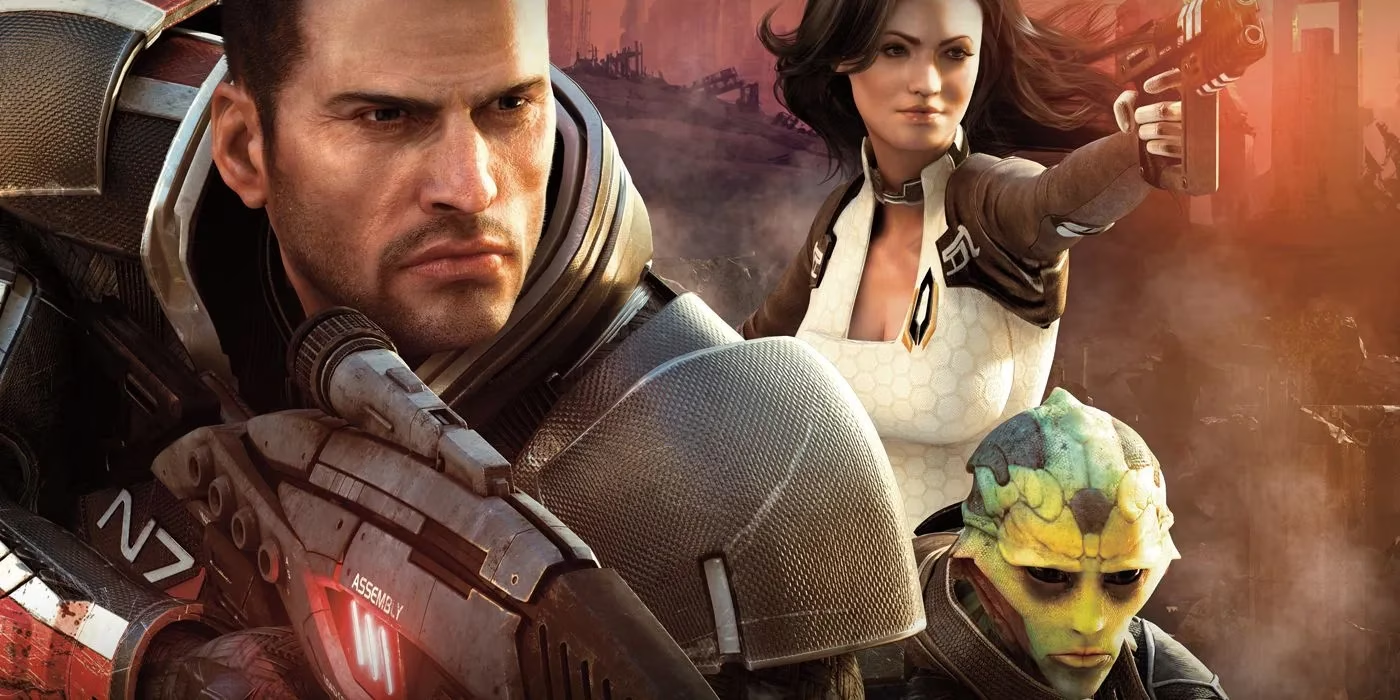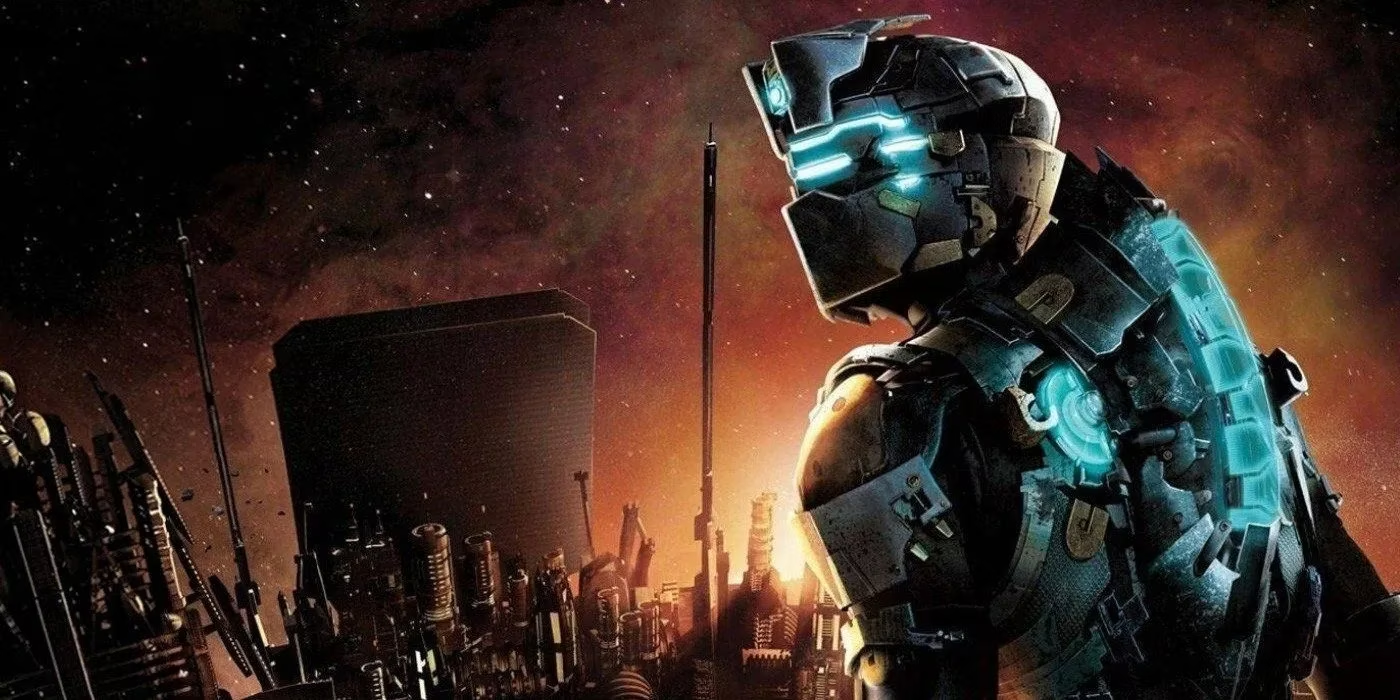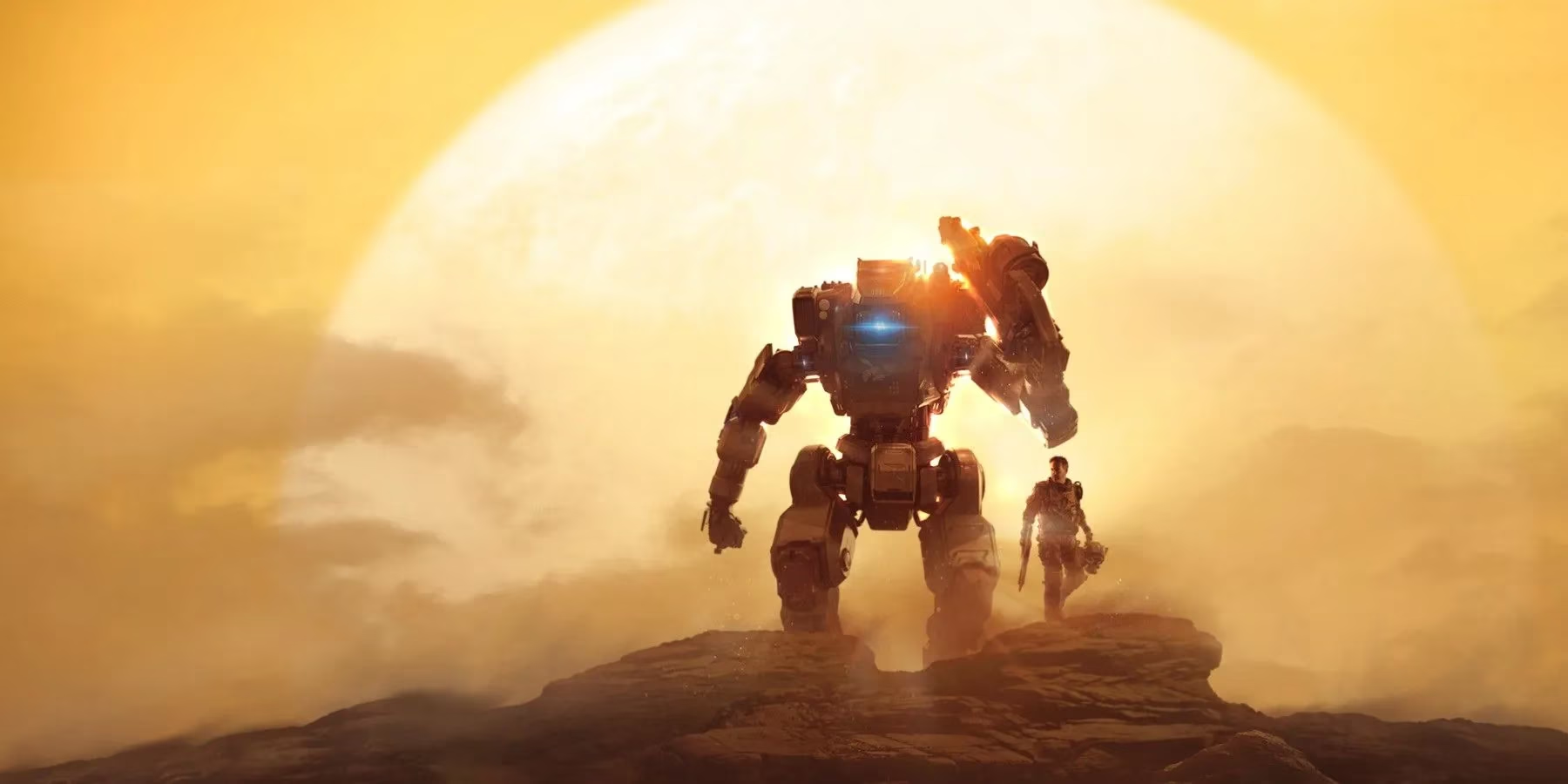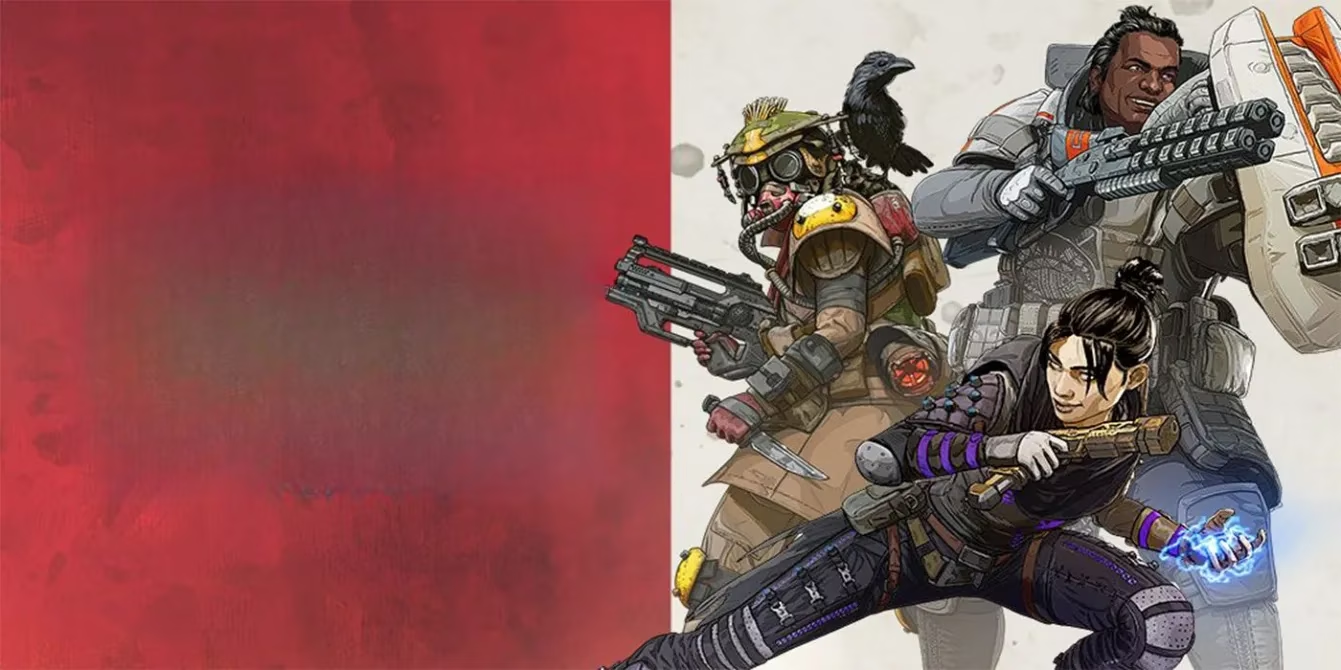I still remember the electrifying thrill of discovering EA's hidden gems during the 2010s—a decade where this gaming giant proved it could deliver soul-stirring experiences beyond just annual sports titles. As a lifelong gamer who witnessed EA's evolution since its 1982 founding, I found myself constantly torn between criticizing their business practices and marveling at their creative triumphs. The 2010s became my personal playground of contradictions, where corporate strategies often clashed with breathtaking artistry, leaving me awestruck by how a single publisher could simultaneously frustrate and fascinate me. Through gritty space operas, adrenaline-fueled racetracks, and dystopian nightmares, I discovered worlds that reshaped my understanding of interactive storytelling. 💫

2010: When Mass Effect 2 Stole My Heart
The moment Commander Shepard's Normandy exploded in the opening sequence, I knew BioWare had transformed sci-fi RPGs forever. That sinking feeling in my stomach as debris floated through the vacuum of space—it wasn't just about survival; it was about losing everything familiar. What followed was pure magic:
-
Rebuilt relationships with Garrus and Tali that felt more intimate than real friendships
-
Paragon/Renegade choices that actually haunted my dreams
-
Suicide Mission preparations that had me scribbling team combinations on napkins
The genius wasn't just in the gunplay improvements or class reworks; it was how the game made me feel like the galaxy's fate genuinely rested on my morally ambiguous decisions. Even now in 2025, I catch myself comparing every RPG companion to Mordin Solus—that brilliant, singing Salarian who taught me that redemption arcs could make you weep into your controller.

2011: Dead Space 2's Terrifying Catharsis
Three years after the original's traumatic ending, I wasn't ready to return to the Sprawl. Yet Visceral Games masterfully weaponized my nostalgia into terror. Remembering how they amplified every chilling element:
| Original Fear | Sequel Evolution | My Panic Level |
|---|---|---|
| Claustrophobic corridors | Zero-g nursery madness | ☠️☠️☠️☠️☠️ |
| Twitcher enemies | Stalker pack hunting | ☠️☠️☠️☠️ |
| Basic dismemberment | Improvised weapon crafting | ☠️☠️☠️ |
That scene where Isaac gets strapped into the eye surgery machine? I nearly snapped my mouse in half! The developers understood horror isn't about cheap jumpscares—it's about violating safe spaces. They turned a derelict spaceship into psychological torture chamber, making me question why I kept voluntarily subjecting myself to such beautiful agony.
2012: Most Wanted's Rubber-Burning Freedom
When EA gave Criterion Games the keys to Need for Speed, I never expected such anarchic joy. Most Wanted wasn't just a racer; it was my personal vehicular playground where police chases became ballet and concrete barriers turned into ramps. The genius lay in what they didn't force upon me:
-
No tedious garage tinkering
-
No linear career progression
-
No map markers dictating my rebellion
I'd spend hours just hunting hidden supercars like a automotive archaeologist, the city's rain-slicked streets reflecting neon signs as I outran helicopters. That visceral crunch of metal during takedowns never got old—though my insurance premiums would've skyrocketed if these were real cars! 🚗💨
2013-2019: EA's Rollercoaster Dominance
The latter half of the decade became a blur of unforgettable moments. Battlefield 4's multiplayer made me appreciate chaos theory—how collapsing skyscrapers could create emergent storytelling no scripted campaign could match. Then Dragon Age: Inquisition arrived in 2014, its hinterlands so vast I got genuinely lost for days, yet each discovered cave felt like uncovering buried treasure.

But nothing prepared me for 2016's Titanfall 2. BT-7274 wasn't just a mech—he was my digital soulmate whose sacrifice wrecked me more than any real-world breakup. Respawn's genius level design (especially that mind-bending time-shift mission) remains unmatched. I still whisper "Protocol 3: Protect the Pilot" whenever facing overwhelming odds in other games.
The late-decade surprises kept coming:
-
2017's FIFA 18 making me care about Alex Hunter's fictional career
-
2018's A Way Out forcing uncomfortable co-op truths with friends
-
2019's Apex Legends redefining battle royales with its ping system

Now in 2025, looking back at EA's 2010s catalog feels like revisiting old photo albums—each game a timestamp of where I was emotionally and technologically. The publisher's imperfections were always visible (oh, those server launches!), yet their ambition created worlds that transcended pixels. That lingering question remains: were we playing games... or were these experiences playing with us? The beauty lives in never quite knowing.
